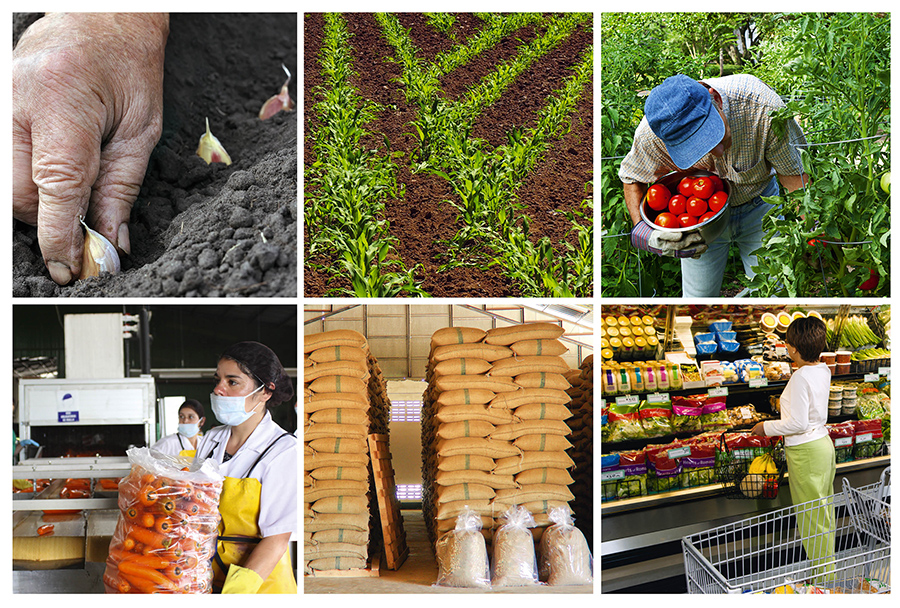The new edition of CSAM was published under this motto. It’s a methodology that assesses the weaknesses in agricultural chains that cause food losses and also helps identify solutions to this problem.

San Jose, 18 January 2017 (IICA). It is projected that by 2050 the Earth will welcome its 9 billionth inhabitant, food production must increase by up to 60% to feed the new arrival. But that will not be possible if a third of what is being produced continues to be lost or wasted. It is urgent to improve agrifood chains, reduce food losses, and revert this tendency.
To face this challenge, the Inter-American Institute for Cooperation on Agriculture (IICA) has presented the Commodity Systems Assessment Methodology (CSAM). It is a tool used to evaluate the agrifood chain, recognize the deficiencies, and identify solutions.
The latest update of the CSAM manual was accomplished by Karol Alpizar, an Agriculture and Food Security specialist from IICA; along with Jerry La Gra, a retired Rural Development and Marketing specialist also from IICA; and Lisa Kitinoja founder and president of Postharvest Education Foundation.
“We’re hoping to improve agrifood chain efficiency. Our objective is to increase competitiveness and sustainability by diminishing food losses. We are doing this as a way to help different countries achieve food and nutrition safety”, Alpizar said.
In high and middle income countries, the highest percentage of food losses results from the distribution and consumption processes. In low income countries, like in Central America and the Caribbean, food losses occur during the pre-harvest, harvest, and postharvest stages. This methodology is a first step to reduce food losses.
The manual is directed at everyone interested in reducing food losses. It will be especially useful for technicians and decision makers in planning units, ministries of agriculture, corporations, research institutes, and other institutions that seek to improve the current agrifood chains.
More information: karol.alpizar@iica.int
Commodity Systems Assessment Methodology (CSAM)











